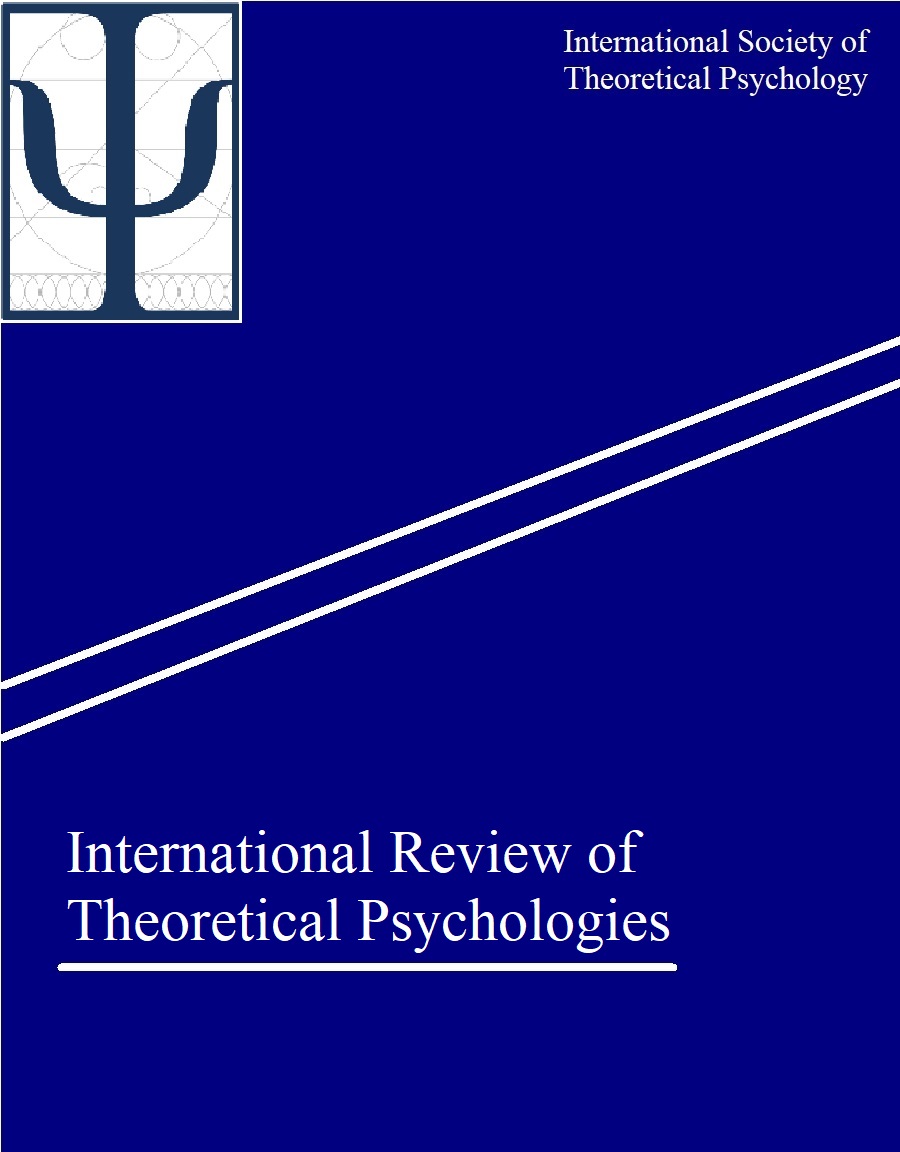Sustaining Dialogue in Polarised Political Contexts
Moving beyond Shared-Identity to Dialogical Position Exchanges
DOI:
https://doi.org/10.7146/irtp.v1i2.127971Keywords:
Dialogical, Polarisation, Sustaining Dialogue, I-Positions, Social IdentityAbstract
The rise of populism is a prevalent issue on the political landscape both in Europe and the wider world. Such ideologies create defamatory political narratives and exacerbate already partisan social media spaces. This trend challenges psychologists interested in politics to consider what factors could influence dialogue sustainment in these polarised contexts. The current focus of social psychology research is towards identity-based theories to mediate such interactions. The purpose of this paper is to challenge the idea that identity-models are the only effective means of depolarising real-world, discursive political conflicts. This article critiques identity on the following: (1) Ontological assumptions of binary group oppositionality are limiting and unrepresentative of real-world interactions, and (2) Current identity-based models for mediating are ineffective in highly polarised, real-world contexts. We consider the issue of polarising political discourse from a dialogical perspective and propose the Dialogue Sustainment Theoretical Model as an alternative. The model considers: (1) Citizens as political actors with worldviews, (2) The role of the dynamic & relational positionality, and (3) The influence of chronotopic boundaries on political debate. Whilst we acknowledge identity can transcend polarisation in certain contexts, it does not possess such a capacity in politically polarised, real-world contexts. Instead, we argue for an alternative model which is dialogically-focused and offers a distinctive insight into sustaining dialogue.
Downloads
Published
How to Cite
Issue
Section
License
Copyright (c) 2021 Anthony English, Dr. Kesi Mahendran

This work is licensed under a Creative Commons Attribution-NonCommercial-ShareAlike 4.0 International License.
IRTP operates based on a non-exclusive publishing agreement, according to which the journal retains the right of first publication, but authors are free to subsequently publish their work. The copyright of all work rests with the author(s).
All content published in IRTP is licensed under a Creative Commons Attribution-NonCommercial-ShareAlike 4.0 International license (CC BY-NC-SA 4.0). This license allows authors and readers to share and adapt content for non-commercial purposes, provided that they abide by the following terms:
- Give credit to the original author(s)/creator(s) and attribution parties (i.e., IRTP);
- Provide a link to the original source, to the extent practicable;
- Include the copyright notice and/or indicate the corresponding Creative Commons license;
- Indicate what, if any, adaptations were made to the original; and
- Share adapted content under the same license as the original.
Authors are encouraged to familiarize themselves with the various Creative Commons licenses. Readers are advised to consult the licensing information embedded in each published work to ensure that they are familiar with the terms of use that apply.





